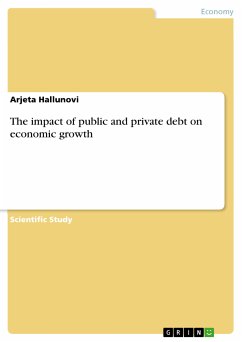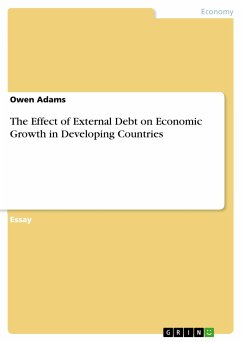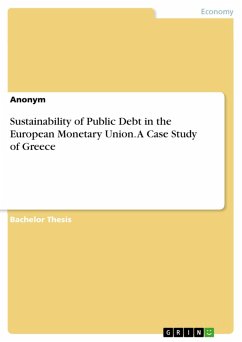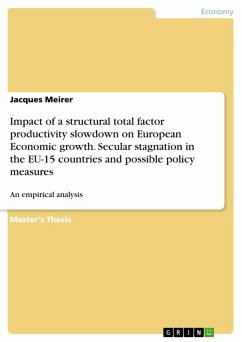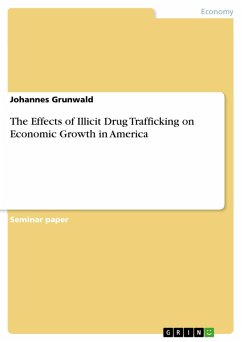Scientific Study from the year 2020 in the subject Economics - Finance, grade: 12, , language: English, abstract: This work aims to study the impact of public and private debt on economic growth in Albania during the period 2014 to 2018, as well as the main determining factors for both indicators. The methodology used is based on econometric regression analysis. The results showed that public and private debt has a statistically significant impact on economic growth in Albania. The author aims to answer the question: Does private and public debt have an impact on economic growth in Albania? The purpose of this work is to analyze the effects of public debt and private debt on the country's macroeconomic indicators, especially the emphasis is on efficiency of public and private borrowing borrowing on GDP. The effects of public debt on GDP vary from one country to another, studying the factors that influence the emerging differences between these countries and made possible the comparison of private and public borrowing borrowing effect on the economy of any country. Following the goal, this work will focus on the necessity of state debt and how the state ensures that debt, the importance of private sector development and business role over private borrowing on the role of public debt and private borrowing growth economic situation of the country. Albania has managed to maintain positive economic growth and macroeconomic stability over the past decade, but its high level of public debt, with an upward trend over the last three years, has been seen as a concern by many domestic and foreign economists. When it comes to debt, both public and private debt must be taken into consideration. Private debt analysis takes on particular importance because private debt is associated with financing business projects and increasing consumer demand, which serve economic growth and improve the country's macroeconomic parameters.
Dieser Download kann aus rechtlichen Gründen nur mit Rechnungsadresse in A, B, BG, CY, CZ, D, DK, EW, E, FIN, F, GR, HR, H, IRL, I, LT, L, LR, M, NL, PL, P, R, S, SLO, SK ausgeliefert werden.

